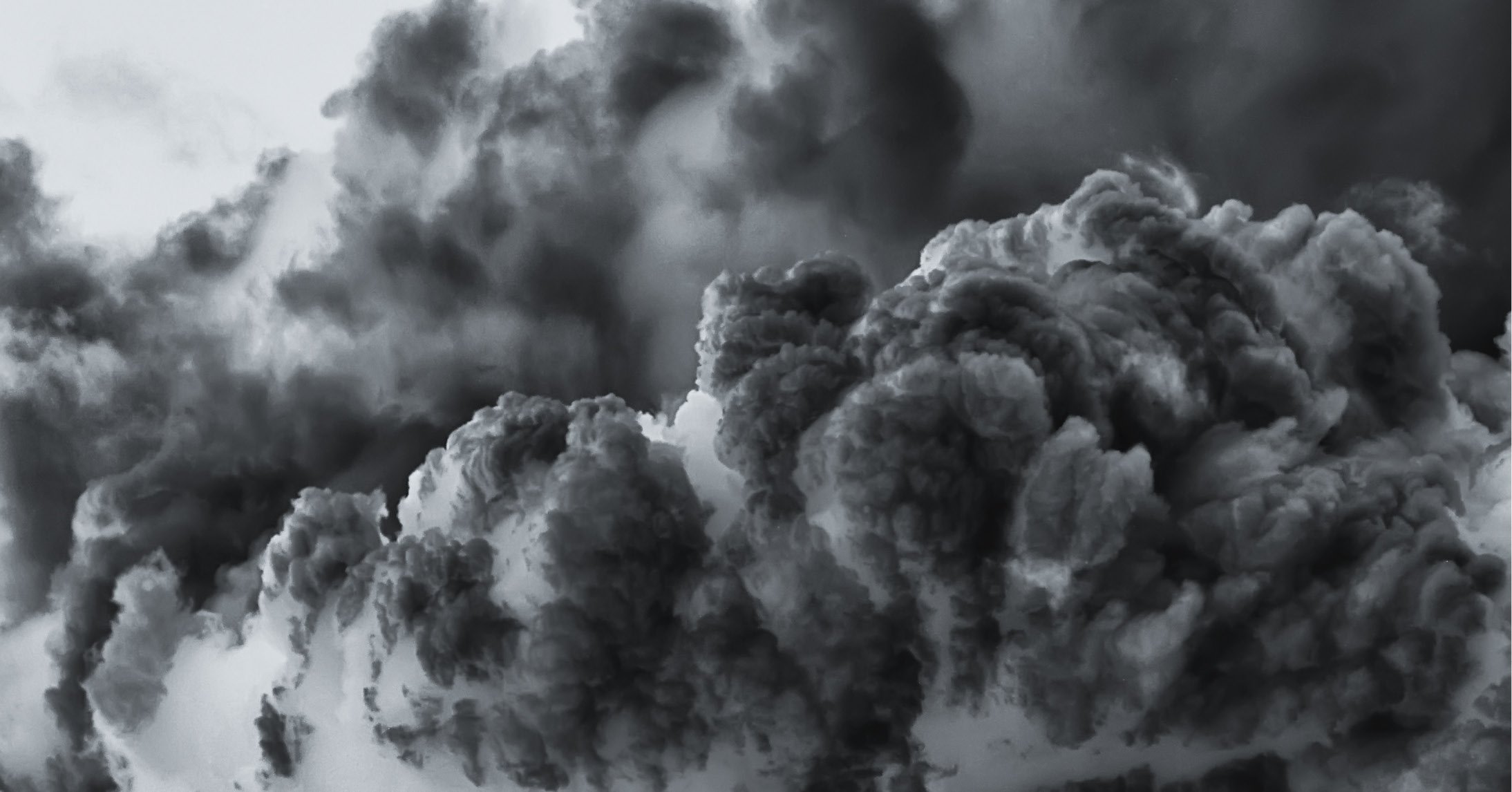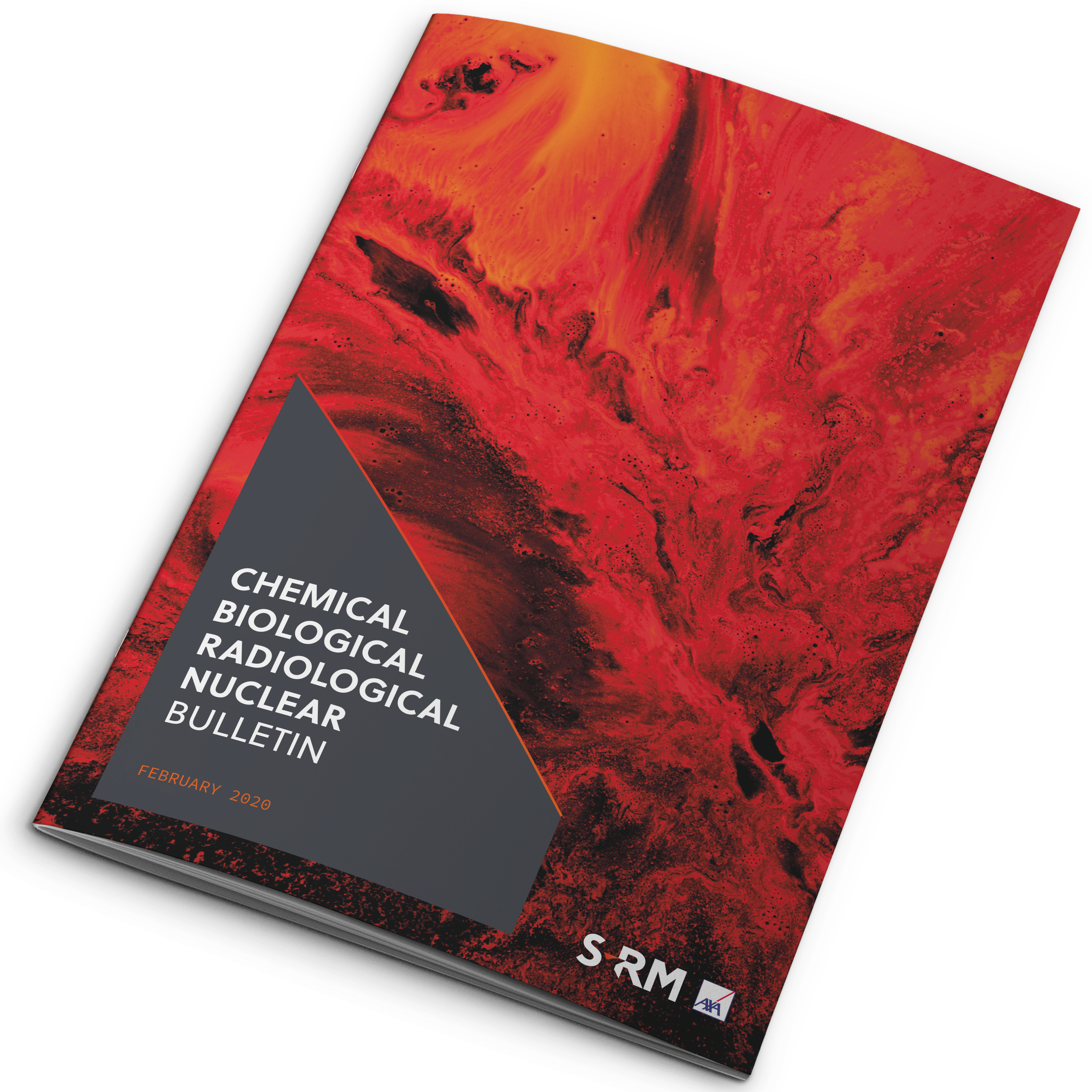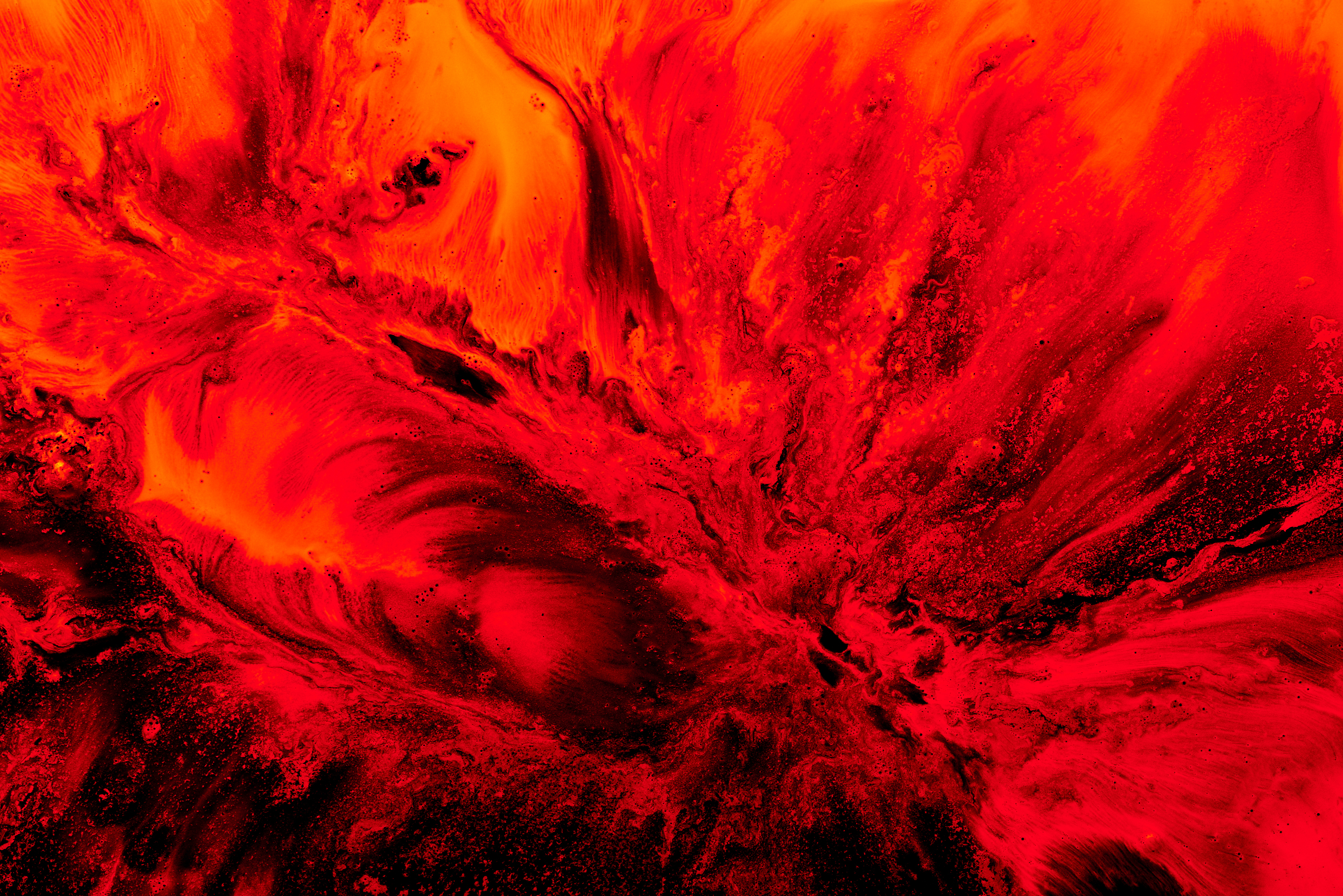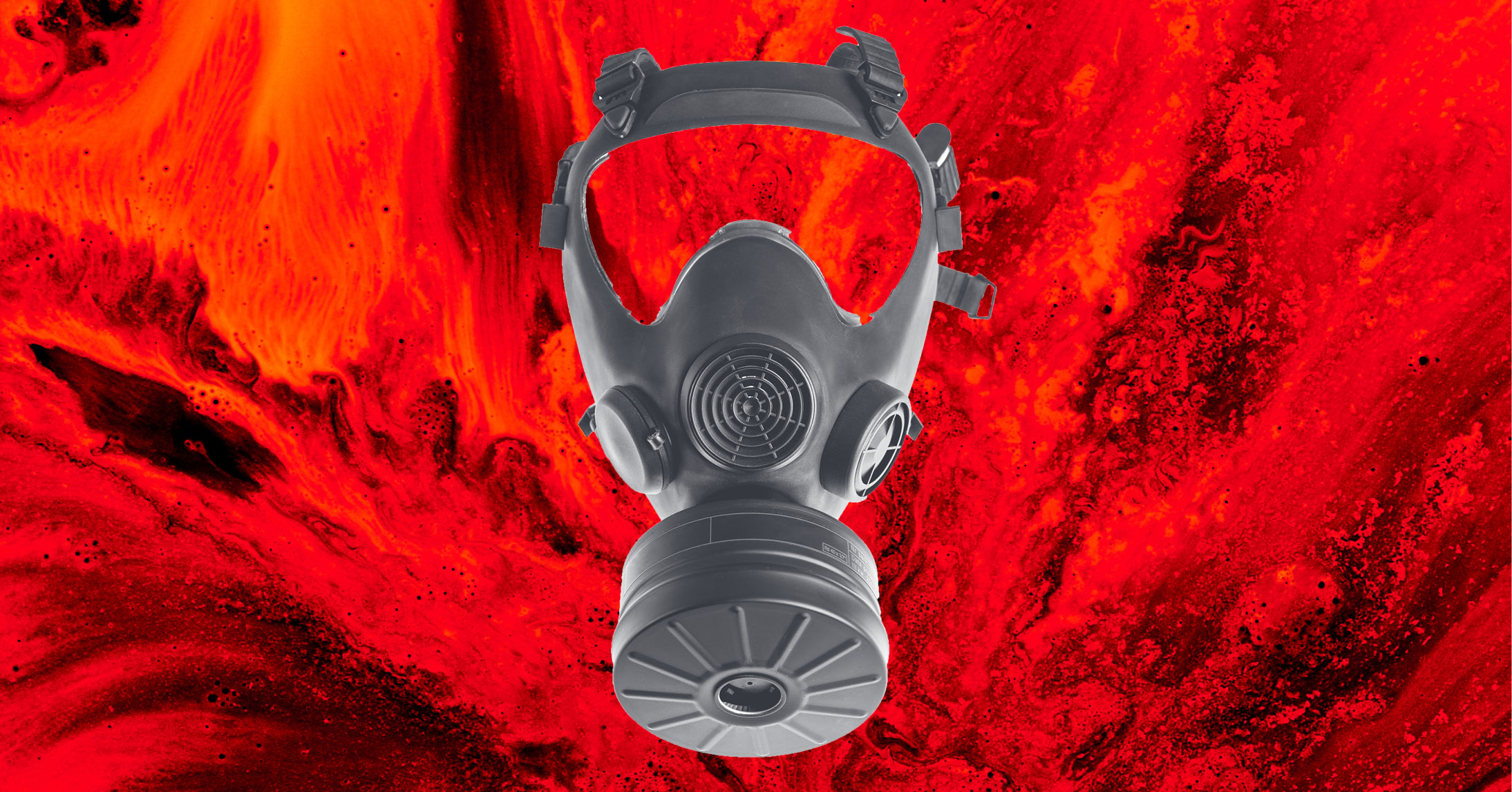In recent years, North Korea’s nuclear weapons programme has been the focus of international negotiations and reporting. In contrast, few reports focus on the risks associated with its chemical weapons programmes.
North Korea has always claimed not to have a chemical or biological weapons programme; however, the state is understood to have begun developing and stockpiling chemical weapons following the end of the Korean War in 1953.
The Nuclear Threat Initiative, a US-based non-profit organisation focussed on preventing catastrophic events associated with weapons of mass destruction, estimates that North Korea has the third largest stockpile of chemical weapons, after the US and Russia. In 2012, the South Korean Ministry of National Defense estimated that North Korea possesses between 2,500 and 5,000 metric tons of chemical weapons. Of particular concern is North Korea’s ability to wage chemical warfare on the Korean Peninsula, and its alleged sale of chemical weapons on the global stage.
North Korea is estimated to be able to ramp up its chemical weapons production to manufacture 12,000 tons of chemical weapons, most likely Sarin and VX gas. The state has an estimated 11 facilities manufacturing and storing chemical weapons, and 13 dedicated research facilities, including two facilities capable of arming artillery shells with chemical agents. In recent years, North Korea has been acquiring various dual use chemicals, including chlorides which can be converted into chlorine gas.
CHEMICAL WEAPONS DEPLOYMENT
North Korea is believed to have the capabilities to produce vast quantities of nerve, blistering and blood agents. The state has already publicly deployed limited chemical weapons with the public assassination of Kim Jong-nam with VX nerve agent in 2017, showing a willingness to disregard international norms and expose the public to potential harm from one of the world’s most dangerous chemical weapons.
The country’s brazen use of chemical weapons indicates that if a conflict were to erupt on the Korean Peninsula, North Korea would, at the very least, consider the deployment of its chemical weapons stockpile. North Korea maintains a standing army and stockpile of weapons within 90 miles of the demilitarised zone, and in 2002, a South Korean media source alleged that chemical weapons were suspected to be deployed with forward units.
CHEMICAL WEAPONS SALES
North Korea has been known to engage in illicit activities, such as weapons proliferation, in order to support principals of the regime. In August 2016, Egyptian authorities apprehended a North Korean ship en route to the Suez Canal. Upon inspection of the cargo, covered by large tarpaulins piled with iron ore, were shipments of ammunition, including 30,000 RPGs and related equipment. The weapons bore marks indicating that they were manufactured in North Korea and disguised as components of an underwater pump.
Since at least 2009, North Korea is believed to have been providing the Syrian regime the requisite equipment and likely instructions for its chemical weapons programme. In particular, North Korea is believed to have sold various pieces of equipment and precursor chemicals to the Syrian Assad regime, which is widely understood to have conducted chemical weapons attacks on its own citizens. Further to these chemical weapons components, North Korea has been supplying the Syrian regime with various conventional weapons, including anti-tank guided missiles.
In 2009, Greek authorities seized a shipment of 14,000 chemical suits understood to have originated in North Korea and bound for Syria. Similarly, in 2013, Turkish authorities seized various conventional small arms, as well as gas masks bound for Syria, and the captain of the ship claimed that the shipment came from North Korea. Finally, in 2018, the United Nations assessed that North Korea had been supplying Syria with acid-resistant tiles, valves, and thermometers required to synthesise volatile and corrosive chemical agents, such as chlorine gas, believed to have been used against the citizens of Damascus in 2018.
“Greek authorities seized a shipment of 14,000 chemical suits understood to have originated in North Korea and bound for Syria.”
While no evidence has arisen of North Korea supplying non-state actors with either the requisite technology or precursor chemicals, as sanctions continue against the regime, they are likely to search for alternative sources of income. It is widely understood that various militant groups, including the Islamic State, have been searching for a supply of weapons of mass destruction for deployment, North Korea may ultimately become a supplier of chemical weapons to such groups.
POTENTIAL IMPACT
The casualties would be devastating if chemical weapons were to be deployed in a ground war on the Korean Peninsula. In addition, the recovery process from any conflict would also be significantly hampered by the use of chemical weapons. Decontamination of chemical agents is arduous and dangerous, and a site targeted by chemical weapons would be unusable for a significant period of time. It is likely that businesses would be unable to operate or attract trade to the area due to the psychological impact of any chemical weapons deployment.




 Email Vaughan
Email Vaughan




 @SRMInform
@SRMInform
 S-RM
S-RM
 hello@s-rminform.com
hello@s-rminform.com

